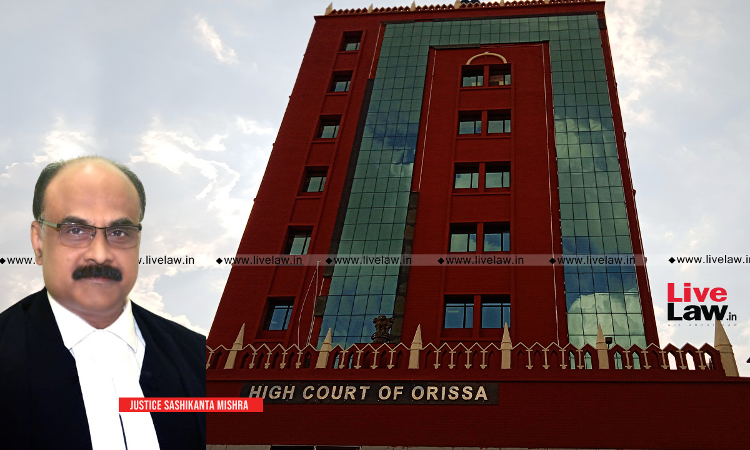The Orissa High Court single bench of Justice Sashikanta Mishra held that the principle of “no work, no pay” cannot be universally applied, especially when the employer is at fault for not utilizing the services of the respective employee. Brief Facts: The Petitioner was appointed as Lecturer in History at Joda Women's College on 05.09.1988 and was subsequently terminated by...

